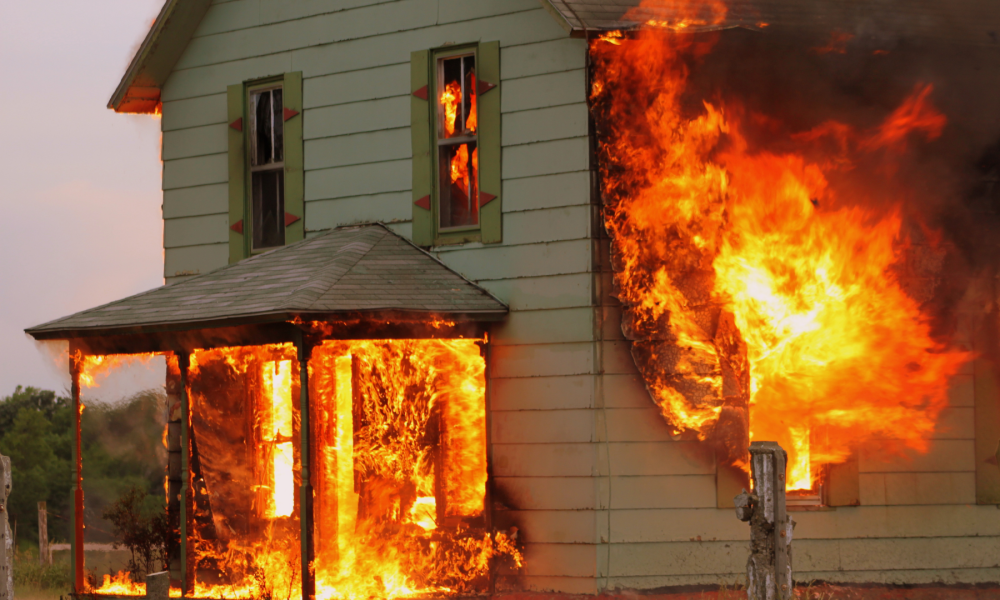Fire is a very serious matter.
You likely already have Liability and Medical coverage on your policy to cover a third party being injured. You’re also protecting your belongings, or even the entire building if you’re a homeowner. But at the end of the day, if you aren’t protecting your most basic needs as a human being (shelter, with access to clean water), then what ARE you protecting? You can always buy new stuff, but you only have one family.
Aside from a catastrophe like a hurricane or tornado, it’s arguably the most destructive type of loss your homeowner policy covers. It’s so utterly devastating that some of the first home insurance policies to be written were “Fire Policies” written to protect consumers from such a loss – and that basic fire policy still sits in the core of most homeowners’ policies today.
A windstorm can tear off your shingles, a pipe burst can wreak havoc on your personal belongings, but after a fire – even a small one – your home is almost always facing some severe damage. Not just the fire itself – the water used to put it out, the smoke it generates, the possible collapse of upper floors. That being said, you’re likely going to be unable to stay in your home for several days or weeks.
So where are you and your family going to sleep?
Typically, the Red Cross will offer assistance for 24 hours. Maybe a little longer in some cases but definitely not long enough to cover the extended period of time you’ll be needing help for.
I want you to go look at your property insurance policy. Be it Homeowners, Renters, Co-Op, or Condo, it should have a coverage known as Loss of Use – sometimes it’s also known as Additional Living Expenses.
This coverage helps cover additional expenses you incur when you can no longer live in your home. Ask yourself if the Loss of Use limit is enough to reasonably cover additional expenses to stay in a hotel or rent a house for a long-term period. If not, you should definitely give your agent a call to review your policy, and see if your carrier offers higher limits.
Some carriers might even offer coverage for a specified time limit (for example 12 months) – if this is available, I would highly suggest adding it on.
Instead of wondering what will happen, know what will happen. Give us a call today.



